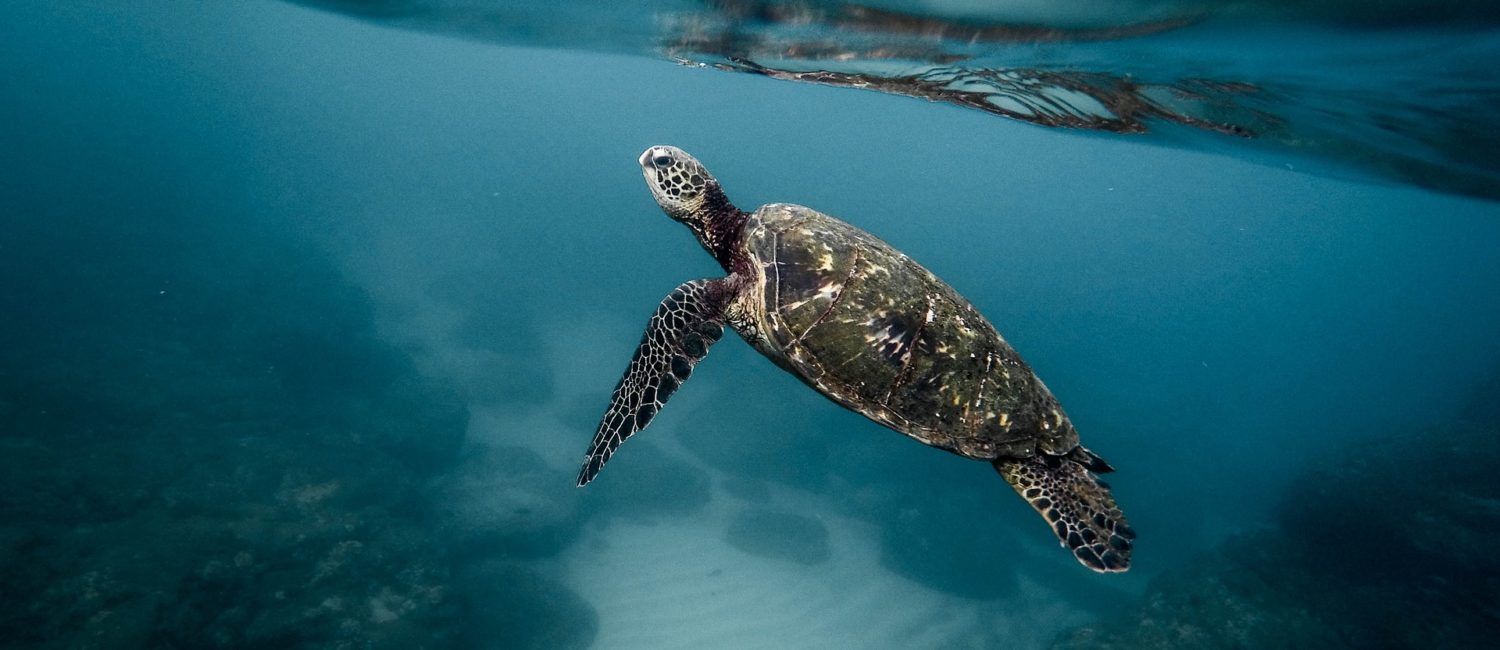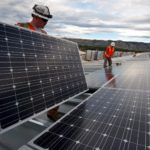Coastal traffic in Nigeria can have various detrimental impacts on wild animal habitats through pollution, affecting both terrestrial and marine ecosystems. Here’s a breakdown of the key issues:
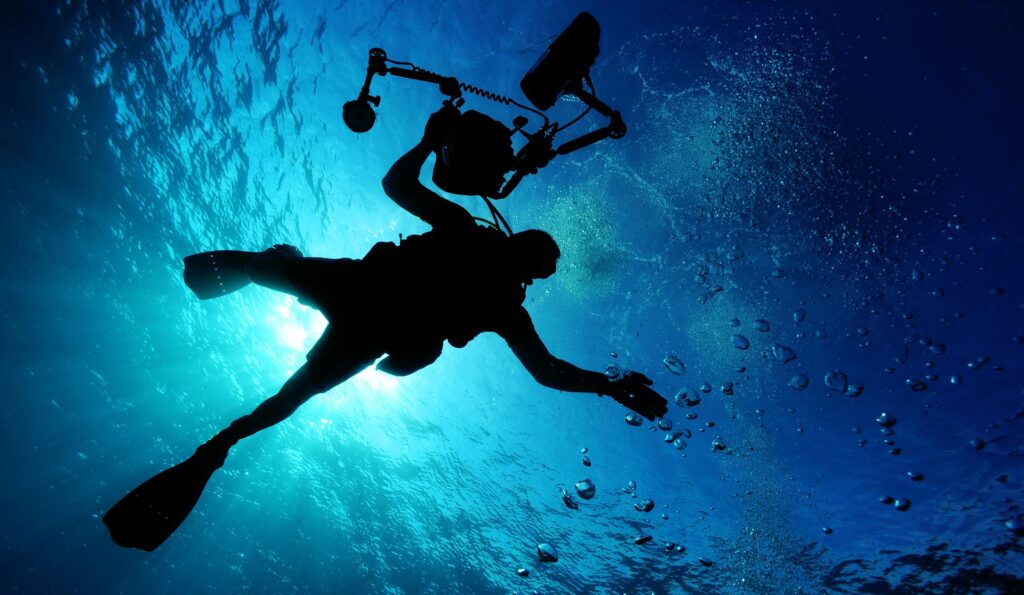
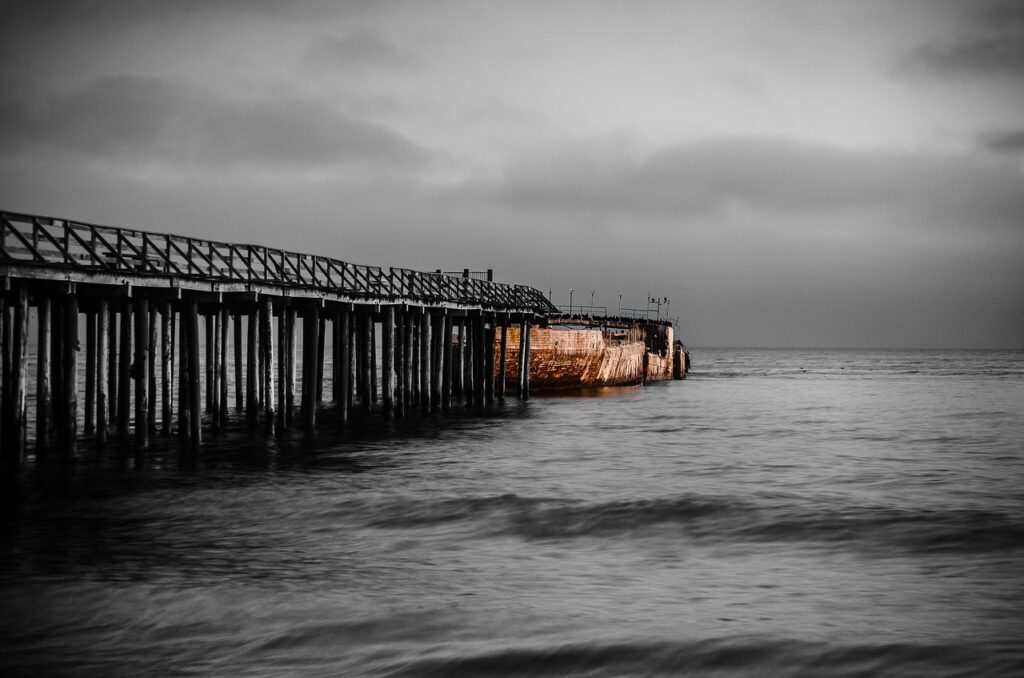
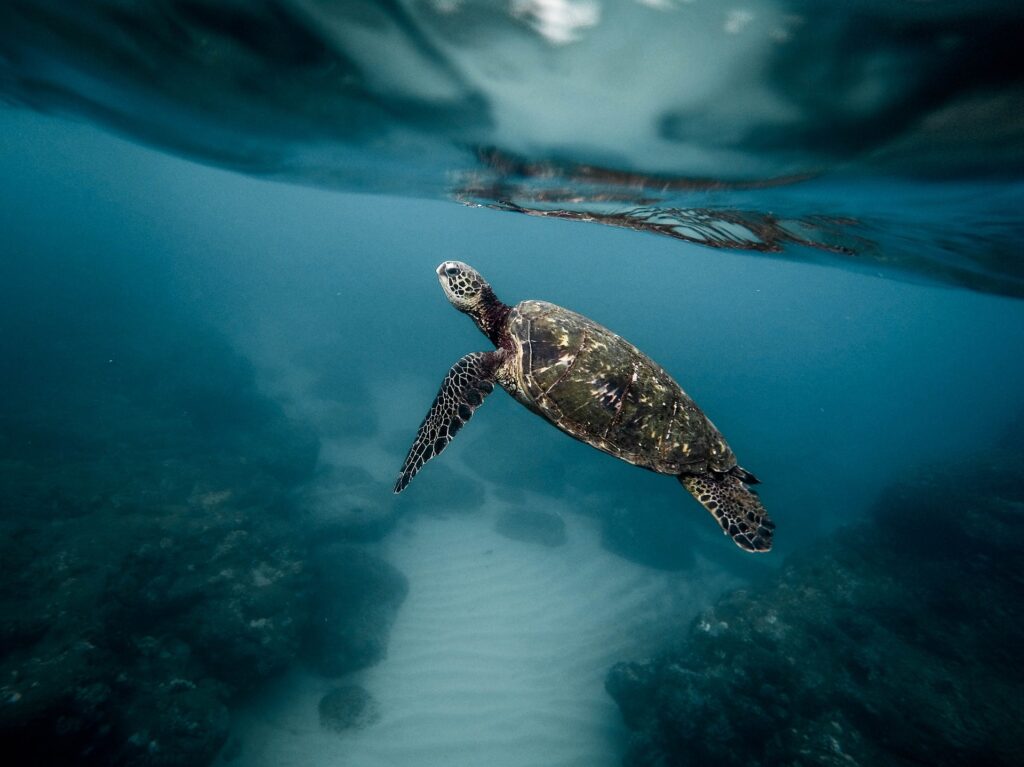
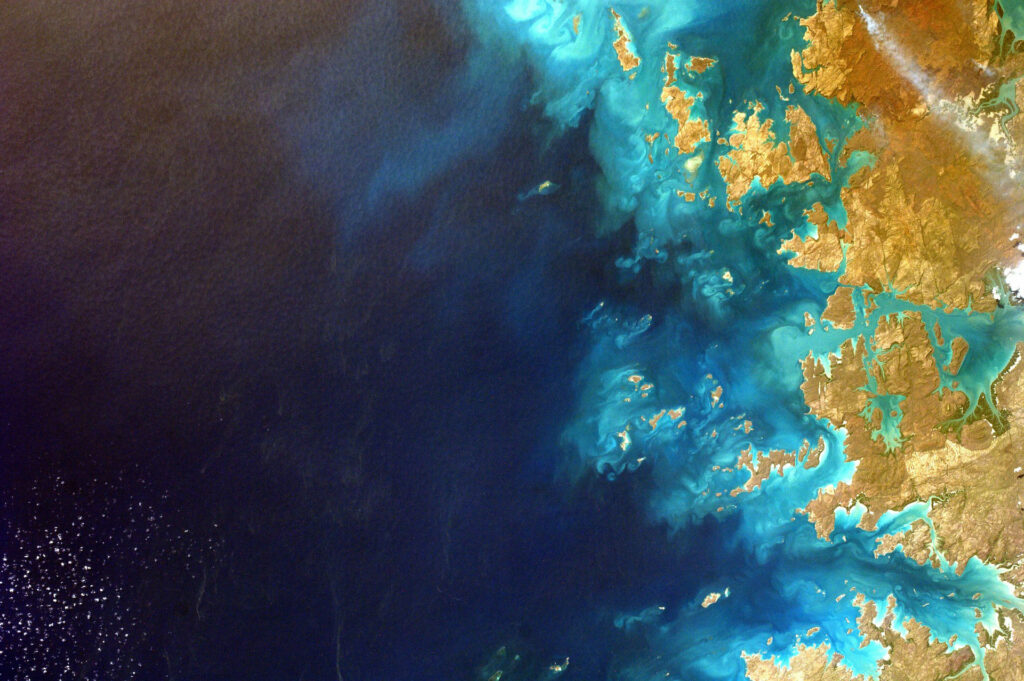
Air Pollution:
- Emissions from vessels: Ship engines release pollutants like nitrogen oxides, sulfur oxides, and particulate matter, impacting air quality near coastal areas. These pollutants can harm respiratory systems of animals like birds, mammals, and reptiles.
- Increased traffic: Higher traffic leads to more emissions, further compounding the air pollution problem.
Water Pollution:
- Oil spills and leaks: Accidents and routine practices can lead to oil spills and leaks, contaminating water bodies and harming marine life. Oil disrupts feeding, breeding, and migration patterns, and can be fatal to animals directly.
- Sewage and waste discharge: Untreated sewage and industrial waste released from ships and coastal communities pollute the water with harmful chemicals, bacteria, and nutrients. This can lead to algal blooms, oxygen depletion, and disruptions in the food chain, impacting various aquatic species.
- Noise pollution: Underwater noise from vessel engines and propellers can disorient and stress marine animals, impacting their communication, navigation, and feeding behavior.
Habitat Destruction:
- Infrastructure development: Expansion of ports and harbors can lead to mangrove deforestation and coastal habitat loss, impacting birds, fish, and other species that rely on these ecosystems.
- Increased erosion and sedimentation: Vessel activity can stir up sediments, increasing turbidity and smothering sensitive habitats like coral reefs and seagrass meadows.
Overall Impact:
These various forms of pollution can have cascading effects on wild animal habitats in Nigeria, leading to:
- Reduced biodiversity: Pollution can directly harm or kill animals, leading to population declines and loss of species diversity.
- Habitat degradation: Destruction and contamination of habitats disrupt ecosystems and reduce their ability to support wildlife.
- Disturbance and displacement: Noise and pollution can cause animals to abandon their habitats, impacting their breeding and survival.
Addressing the Problem:
- Stricter regulations and enforcement: Implementing stricter regulations for vessel emissions, waste disposal, and noise pollution is crucial.
- Improved infrastructure and technology: Investing in cleaner vessel technologies, better waste management systems, and sustainable port development can mitigate pollution impacts.
- Habitat restoration and conservation: Efforts to restore degraded habitats and protect critical areas are essential for long-term wildlife conservation.
- Community engagement and education: Raising awareness about the issue and engaging coastal communities in conservation efforts can contribute to positive change.
By addressing these concerns through a multi-pronged approach, Nigeria can work towards sustainable coastal development that minimizes the negative impacts on wild animal habitats and the natural environment.

